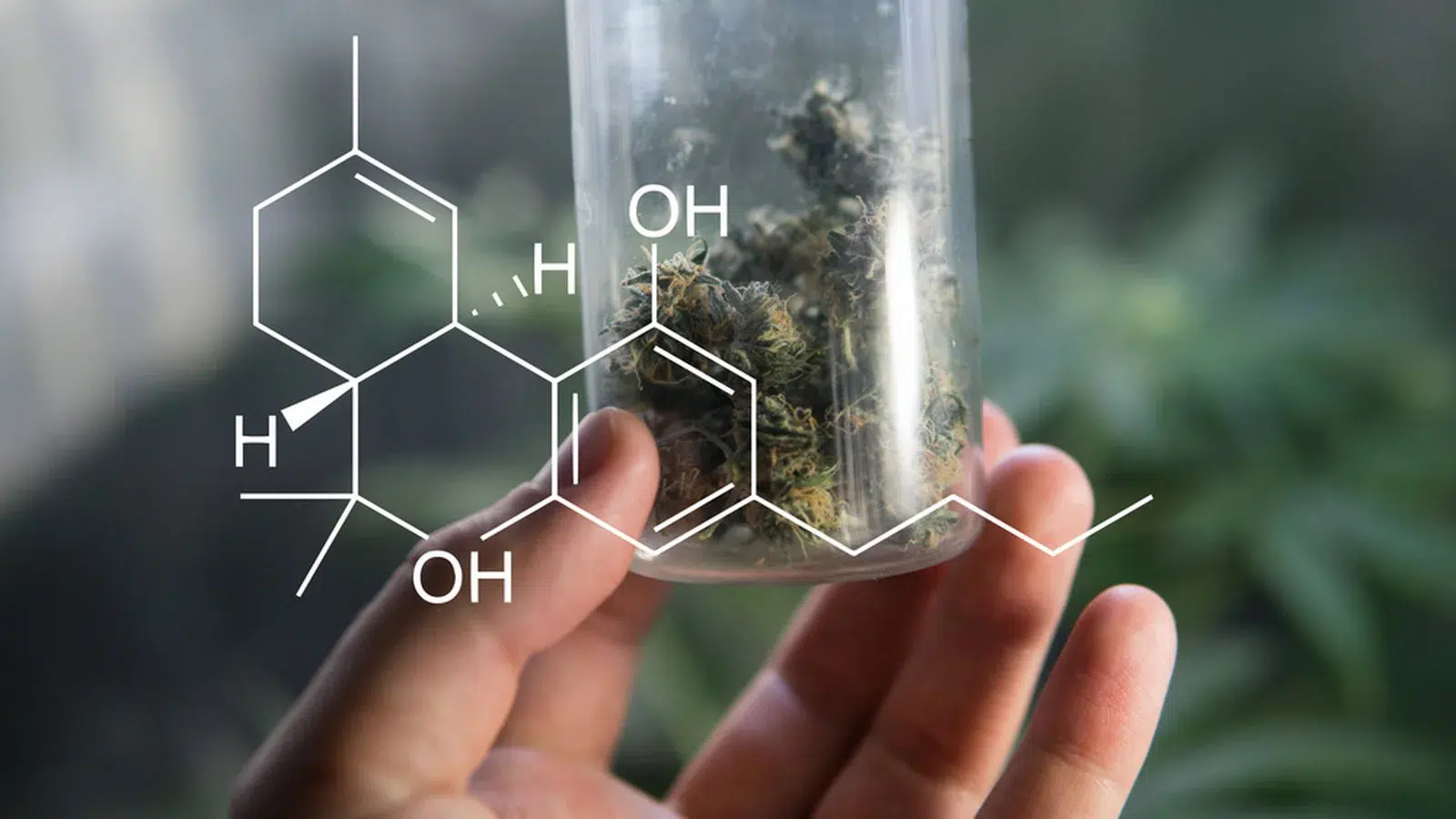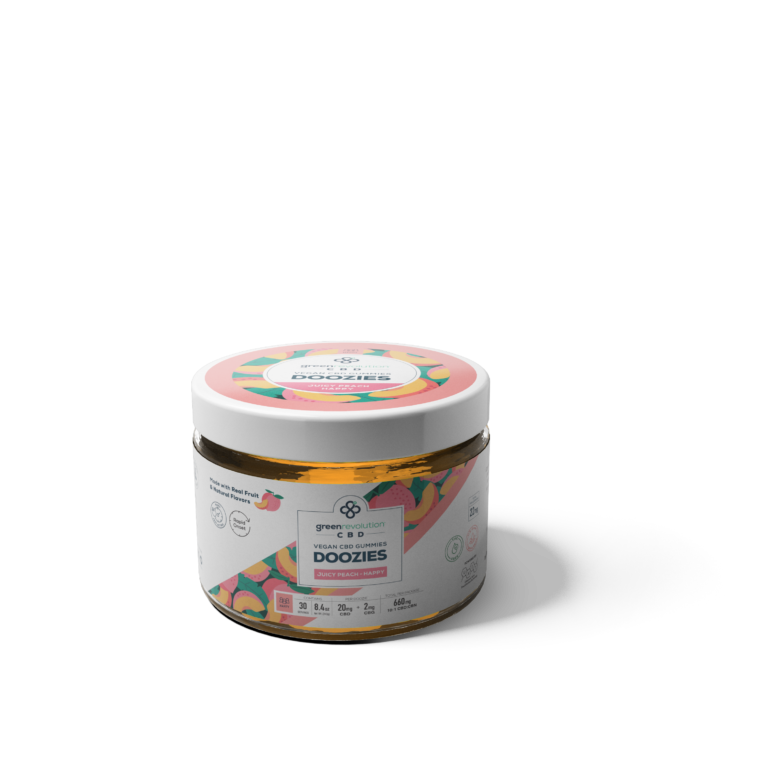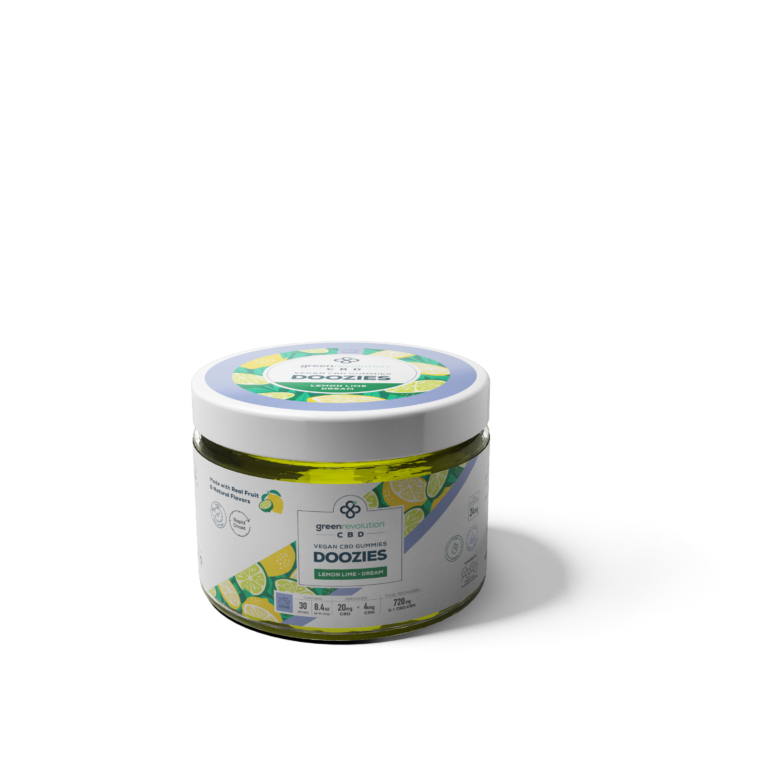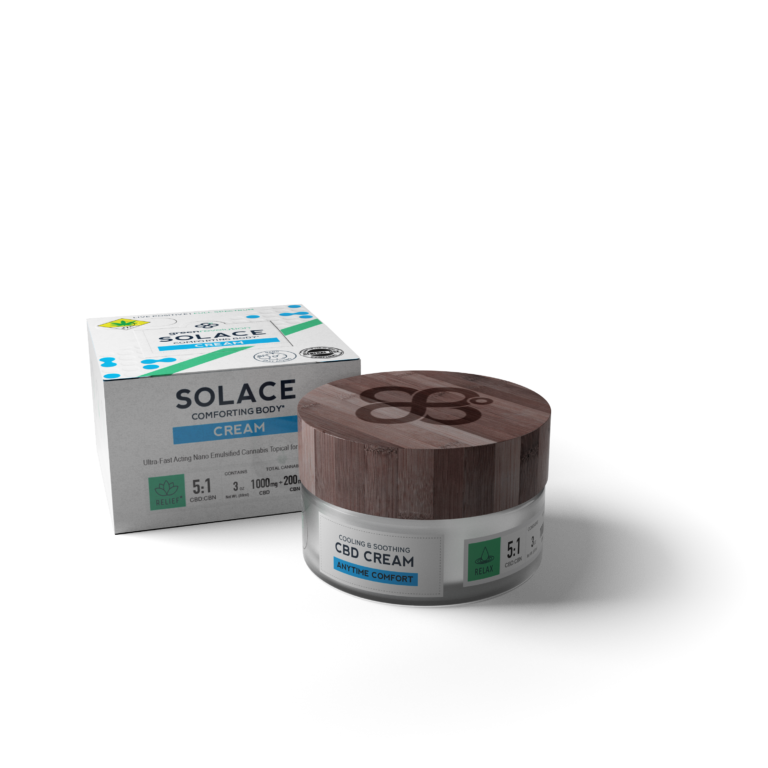Minor Cannabinoids CBC vs. CBD: Key Differences and Effects
This article will inform readers about the distinctions between CBC and CBD, covering their structures, effects, and practical considerations for consumption.
CBD and CBC are cannabinoids. What is the difference between CBD and CBD? Both of them have very similar anti-inflammatory and anti-anxiety benefits, but research indicates that things like CBC might be more powerful than CBD for topical issues, especially skin conditions like acne.
When looking at CBC vs. CBD, it is important to understand the difference between CBC and CBD so that you can make informed decisions about which products to consume.
CBC (Cannabichromene) and CBD (Cannabidiol)
While their chemical structure is the same, and both cannabinoids come from the same plant, there are some differences in terms of availability, interaction with receptors, and therapeutic benefits. More research has been conducted on CBD vs. CBC, which means there remains potential for increased availability and therapeutic benefits in the future.
Sources
CBC vs CBD differ in their sources. CBD is the second most common cannabinoid in the cannabis plant. THC is the most common. Nearly 40% of a cannabis plant extract is phytocannabinoids, of which CBD is one. You can find CBD in several forms, including:
- Tinctures
- Pills
- Topical creams or lotions
- Oils
- Infusions
- Gummies
CBC is found in similar sources but may not be in the same doses.
In cannabis extracts, the level of CBC can vary widely depending on the strain and cultivation methods. Generally, CBC makes up a smaller percentage of the total cannabinoid content compared to CBD and THC. For instance, while a high-CBD cannabis strain might contain substantial amounts of CBD, the CBC content may be much lower, often less than 1% of the total cannabinoid content.
This lower concentration means that when CBC is present in products like tinctures, pills, creams, oils, infusions, and gummies, it’s usually at lower doses than CBD. However, it’s important to note that the exact amount of CBC can vary between products and batches, even within the same product type.
Chemical structure
CBD vs. CBC chemical structure is not very different. Cannabichrome and CBD have a chemical structure of C21H30O2. This means their molecular formula is the same, with 21 carbons, 30 hydrogens, and 2 oxygens.
Interaction with receptors
What is CBC vs. CBD with regard to their interactions with receptors? CBD is considered an antagonist for your body’s endocannabinoid receptors. That means it can block any psychoactive effects from things like THC by binding with CB1 or CB2 endocannabinoid receptors.
This interaction with receptors makes CBD particularly useful for pain relief and inflammation treatment without any “high” that comes from other prescriptions, such as opioids.
CBC is a nonintoxicating cannabinoid. It does not bind as strongly as CBD to the brain’s CB1 cannabinoid receptor, but it binds to things like the transient receptor potential ankyrin 1 or TRPA1 and the TRPV1, or vanilloid receptor potential ankyrin 1. CBC binds to these receptors and produces more endocannabinoids like anandamide, which can cause feelings of relaxation and calmness.
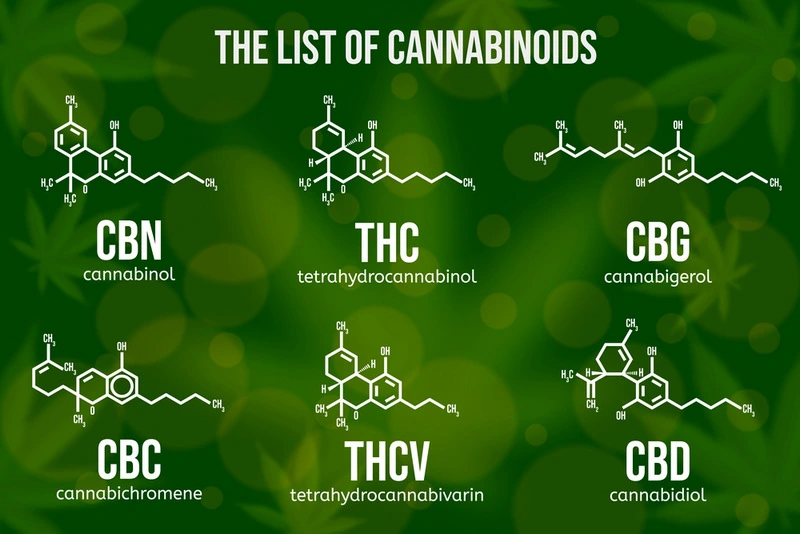
Therapeutic potential
One difference between CBC and CBD is the therapeutic potential. For example, one study found that those who had been diagnosed with a social anxiety disorder had decreased anxiety levels if they took CBD products over a placebo. This work has been corroborated by dozens of other studies that have confirmed the usefulness and prescription of CBD products at doses between 300 and 600 mg for anxiety disorders and depression symptoms.
As such, CBD has the potential to become an alternative therapy for certain mental health conditions.
CBD is also used to reduce symptoms of nausea, inflammation, and pain. These studies confirm that CBD is also poised to be a viable treatment for several other conditions like Dravet syndrome. The efficacy of CBD products to treat rare conditions of epilepsy has actually led to the FDA approving a CBD medication for that purpose.
CBD products have also helped relieve pain and inflammation in cancer patients, those struggling with chronic pain or acute symptoms.
CBC is useful in helping with antimicrobial properties and has the potential to be used as a therapy for cancer, as it interacts with the endogenous cannabinoids in the system. Research indicates that CBC inhibits the uptake of anandamide. By stopping the body from reabsorbing the anandamide, the anandamide remains in the bloodstream for longer. By staying in the bloodstream for longer, the anandamide can help fight against things like breast cancer.
CBC is also used to manage acne with topical treatments. Some people use it to manage pain, inflammation, osteoarthritis symptoms, depression, and anxiety. CBC, however, is uniquely positioned to work more effectively when used in a product that also contains things like CBD or THC. This is called the Entourage Effect and means that if you have products with more than one cannabinoid in them, they may produce better results overall.
Potential mental health benefits
Feedback on the use of Cannabichromene (CBC) often highlights its potential mental health benefits, though it’s important to note that such feedback is subjective and varies from individual to individual. Some of the commonly reported mental effects of CBC, based on anecdotal accounts, include:
Improved Mental Clarity: Some individuals report that CBC helps in enhancing focus and mental clarity. Unlike THC, which can cause psychoactive effects, CBC is non-intoxicating, and users often describe a feeling of being more alert and focused after its use.
Anxiety Relief: Similar to CBD, CBC is also reported by some users to have anxiolytic effects. People who use CBC have mentioned experiencing a reduction in anxiety symptoms, contributing to a more relaxed and calm state of mind.
Mood Enhancement: There are reports of CBC having a positive effect on mood. Users have described feeling more uplifted or having a more stable mood after using CBC-containing products.
Stress Reduction: CBC may contribute to stress relief, as some users have noted a calming effect after its use. This can be particularly beneficial for individuals dealing with high levels of daily stress or those who are prone to stress-induced conditions.
Neuroprotective Properties: Although more research is needed, there is some anecdotal evidence suggesting that CBC may have neuroprotective properties, potentially benefiting brain health and cognitive function.
Enhanced Entourage Effect: Many users believe in the ‘Entourage Effect’ where CBC, when used in conjunction with other cannabinoids like CBD or THC, enhances the overall therapeutic effect. This synergy is thought to improve mental health outcomes, though this is largely based on personal experiences.
Potential Antidepressant Effects: Some reports suggest that CBC may have antidepressant-like effects. Users have mentioned feeling less depressed or experiencing a lift in their mood after using CBC.
Help in Managing Neuropsychiatric Disorders: There are accounts of individuals using CBC to help manage symptoms of various neuropsychiatric disorders, though this is a highly individualized experience and not universally applicable.
It’s crucial to approach these anecdotal reports with caution and recognize the need for more scientific research to substantiate these claims. While personal experiences can be valuable, they should not replace professional medical advice, especially when dealing with mental health issues. As with any cannabinoid, the effects can vary greatly among individuals, and what works for one person may not work for another.
Individual effects
The individual effects of CBC vs. CBD are just that: individuals. You can expect some of the same effects when using CBC vs CBD to treat things like anxiety symptoms, pain, or acne, but how much you need to achieve the results desired will vary from one person to the next. You need to consider what dosage is best based on the severity of the symptoms you are trying to treat. This is something that you can work out with help from a doctor.
You will also need to consider things like your health, any other medication you are on that may or may not impact the effectiveness of CBC and CBD, and your weight. All of these factors will influence how much you should take and how effective it is at different doses.
Side effects
With cbc vs. cbd, there are differences in side effects.
For CBD, the FDA has noted that side effects can include:
- Changes to alertness
- Fatigue or drowsiness
- Diarrhea
- Decreased appetite
However, there are no FDA-published side effects noted for CBC at this time because there isn’t enough research taking place into the official use of CBC. Still, potential side effects are mild and associated with all other cannabis use, meaning too much can impact memory and cause changes to heart rate or drowsiness.
Availability and use
For CBD vs CBC, you can find both widely available, although CBD products are more popular and have been around for longer than approved by the FDA.
You can use either to treat several conditions, including anxiety and pain, but you are more likely to find a wider availability of CBD products over CBC. If you do find CBC products, they might very likely be in the form of an oil, tincture, or gummy that has several cannabinoids in the mix, designed to enhance the efficacy.
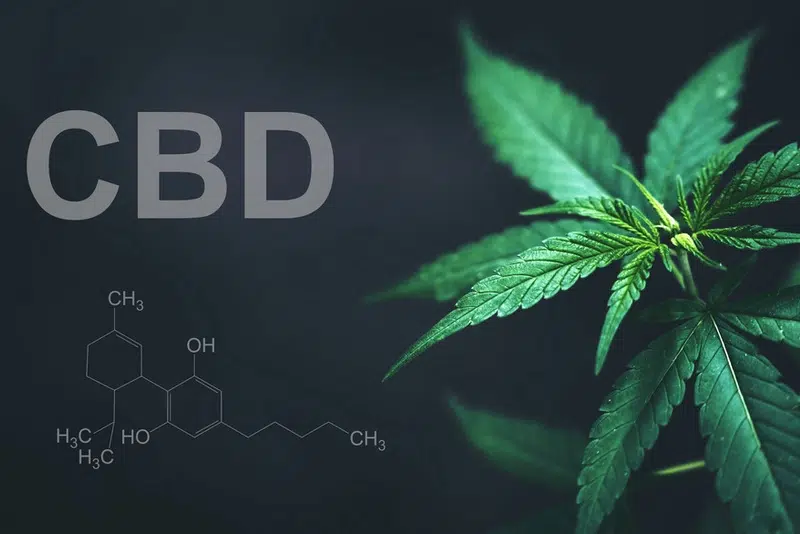
How to choose between CBC and CBD based on individual needs
If you are choosing between CBC and CBD, you’ll have to consider your individual needs.
- For example, if you are trying to treat inflammatory skin conditions such as acne, CBC products will be better.
- If you are trying to treat anxiety or neuropathy, CBD products are better because of their ability to bind to 5-HT1A receptors.
- If you are dealing with cancer-related nausea or chronic pain, CBC can be very helpful as part of your treatment.
Don’t be afraid to utilize products that contain CBC and CBD. The difference between CBC and CBD might mean that a product that combines both provides a wider range of health benefits, especially for the health condition you are treating and the desired effects you want.
Summing Up
With CBC vs. CBD, both have therapeutic effects and can be used to treat specific health issues. Several studies confirm that the CBC CBD difference means that products containing both might be better when you need to treat a wider range of concerns, not just a single symptom.
However, what matters most is that you do personal research on CBD vs CBC and consider your preferences as well as the health issues you are trying to treat. Always consult with healthcare providers, especially if you have existing health conditions, are using medication, and need to be aware of any potential contraindications.
Frequently Asked Questions
CBC (Cannabichromene) and CBD (Cannabidiol) are both cannabinoids found in the cannabis plant, but they differ in their chemical structure and effects. CBC is less researched than CBD and is believed to interact with different receptors in the body, potentially leading to varied therapeutic effects.
No, CBC is non-psychoactive, similar to CBD. It does not produce the ‘high’ associated with THC (Tetrahydrocannabinol), the main psychoactive component in cannabis.
Effectiveness can vary depending on the individual and the condition being treated. CBD is more widely studied and is known for its anti-inflammatory, analgesic, and anxiety-reducing properties. CBC’s effectiveness is less understood due to limited research.

